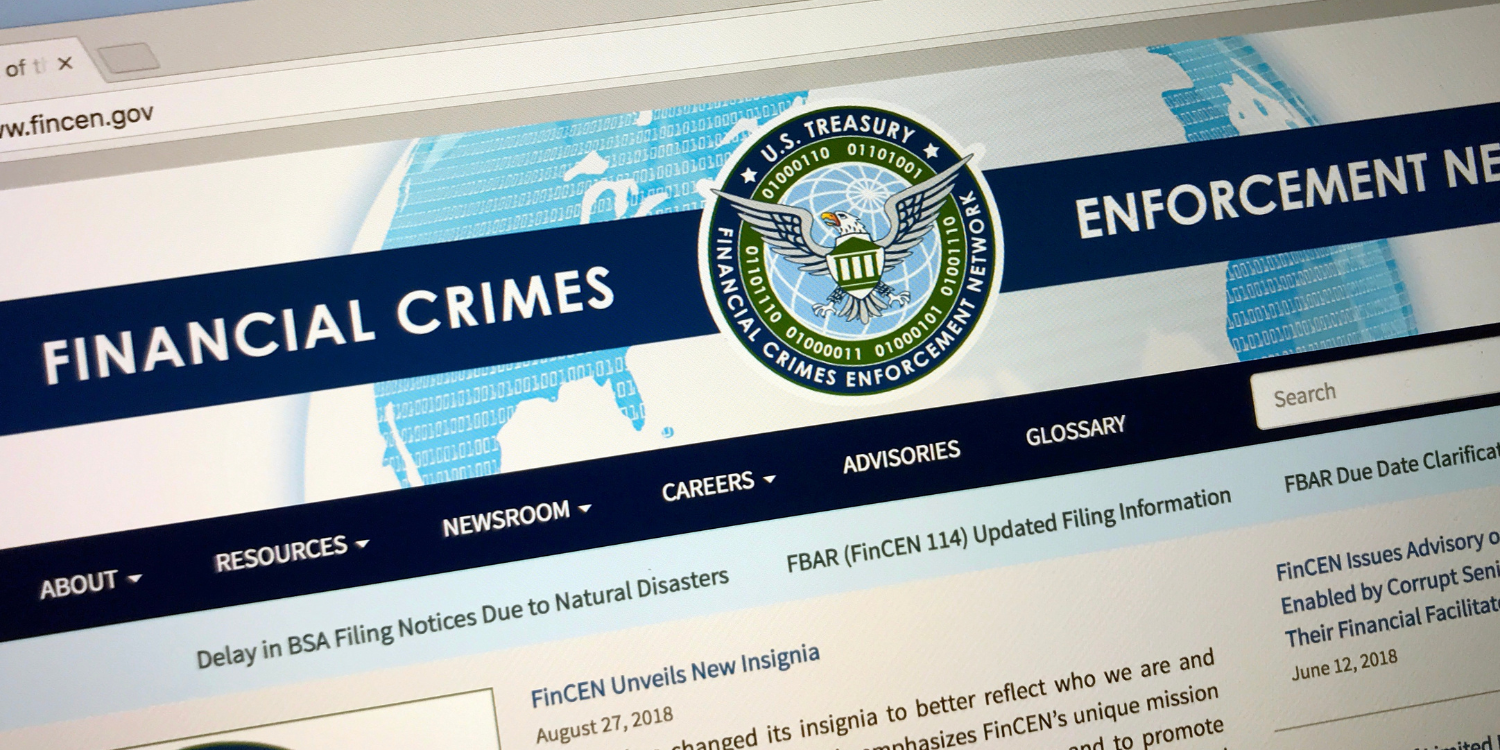FBAR is the Foreign Bank and Financial Accounts Report, which is a form that is required to be filed by any U.S. person (including a citizen, resident, corporation, partnership, limited liability company, trust, and estate) who has a financial interest in or signature authority over foreign financial accounts that exceed certain thresholds. The FBAR must be filed electronically with the Financial Crimes Enforcement Network (FinCEN), a bureau of the Treasury Department. Although the FBAR is not technically a tax form, it is closely linked to taxation since it is used to help the IRS identify taxpayers who may be evading taxes by holding assets offshore. For this reason, taxpayers who fail to file an FBAR can be subject to heavy fines and penalties. Therefore, if you have foreign financial accounts, it is essential to ensure that you comply with the FBAR filing requirements.
A person must file an FBAR if: (1) The person has a financial interest in or signature authority over one or more foreign financial accounts; and (2) The aggregate value of all foreign financial accounts exceeds $10,000 at any time during the calendar year. The FBAR is due on April 15th (or the next business day if April 15th falls on a holiday or weekend) of the year following the calendar year being reported. For instance, an FBAR for 2020 would be due on April 15, 2021. However, taxpayers can request an extension of time to file by filing Form 4868 with their taxes. An extension will give the taxpayer until October 15th to file the FBAR. There are severe penalties for failure to file an FBAR, so it is essential to know when one must be filed.
The penalties for not filing the FBAR form are harsh. The maximum penalty is ten years in prison and a $250,000 fine. If you willfully fail to file the FBAR form, the maximum penalty increases to 20 years in prison and a $500,000 fine. The penalty is also increased if you file a false or misleading FBAR form. In addition, the IRS may impose a civil penalty of up to $10,000 per violation.
Our professional fee for preparing and filing the FBAR varies based on various factors, such as how many FBARs you need to file (e.g., for individuals, most likely spouses might be required to file separately if they meet the conditions) and the number of accounts.
If you are an individual and have not filed the FBAR for the prior years, this service does not apply. Instead, please review our service titled o “IRS Streamline Filing Compliance Procedures.”
Schedule an appointment with us using the contact form to find out how our team of experienced professionals can help.





